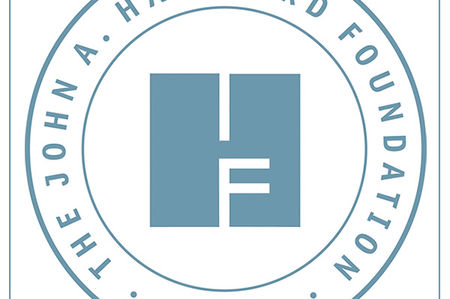Five New Grants Totaling Over $3.6 Million Approved by JAHF Board of Trustees

The John A. Hartford Foundation Board of Trustees approved five new grants totaling $3.6 million in September 2017 to accelerate the move to age-friendly health systems, support family caregivers, and improve serious illness and end-of-life care.
National Committee for Quality Assurance (NCQA): Demonstration of Person-Driven Outcomes Measures for an Age-Friendly Health System ($1,494,992 for 3 years)
There is broad agreement that people’s priorities and health goals should guide their care, and yet, existing health care quality measures do not effectively evaluate what is most important to individuals, particularly older adults with complex care needs. This grant to NCQA will improve the lives of older people by developing quality measures to assess how well health systems maintain or improve the health goals of older adults. The project will develop goal-based quality measures suitable for use in value-based payment arrangements in order to align care with what matters most to older people and their families.
AARP Foundation: Supporting Family Caregivers Providing Complex Care ($1,372,242 for 30 months)
Nearly half of the 18 million family caregivers in the U.S. who assist older adults perform complex medical/nursing tasks with very little training or support, as revealed in the 2012 AARP/United Hospital Fund Home Alone study, funded by The John A. Hartford Foundation. This project with the AARP-led Home Alone Alliance will help health systems better serve these family caregivers by completing a national scan and sharing best practices in implementing the CARE Act, a law passed in 39 states that requires hospitals to identify and educate patients’ family caregivers before discharge. Home Alone Alliance members will create educational materials and conduct training for nurses and other health professionals to better work with family caregivers. The Home Alone study will also be updated, with a focus on diverse populations.
Icahn School of Medicine at Mount Sinai: Implementation of Rehabilitation at Home ($500,000 for 27 months)
This project will refine the Rehabilitation at Home care model and propose a new payment mechanism within Medicare to enable more older adults to receive post-acute rehabilitation services at home, improving quality and cost outcomes. The Rehabilitation at Home care model grew out of the Hospital at Home program, developed with funding from The John A. Hartford Foundation. The model provides safe, high-quality rehabilitative and medical care in the home, the setting patients often prefer.
American Bar Association Fund for Justice and Education: Advancing Legal and Medical Collaboration in Advance Care Planning ($151,997 for 1 year)
Advance care planning for the end of life is an essential component of person and family-centered care. However, legal and health care professionals are not well-aligned in advance care planning processes and this often results in legal documents that are not actionable in clinical settings. This project intends to bridge the chasm between lawyers and clinicians so that advance care planning will support patients’ goals of care being understood, documented, and honored in health care decision-making. The American Bar Association will convene, in collaboration with the American Academy of Hospice and Palliative Medicine, experts and stakeholders and produce National Recommendations and Best Practice Guidelines with actionable tools for medical-legal collaboration in effective advance care planning.
Columbia University: The John A. Hartford Foundation State Aging Index ($109,528 for 1 year)
This one-year project will extend the recently released international John A. Hartford Foundation Aging Society Index to the domestic state level and examine the impact of state programs and policies on the status and well-being of older adults. The project will begin by establishing measures in several relevant domains: social, economic, intergenerational, and health-related. Data analysis will include the calculation of state (or census region where appropriate) performance using the measures and an analysis of how state-based policies and programs are correlated with key state characteristics. The investigators, members of the Research Network on an Aging Society, will publish and present the findings, including to local, state, and federal policy makers.
